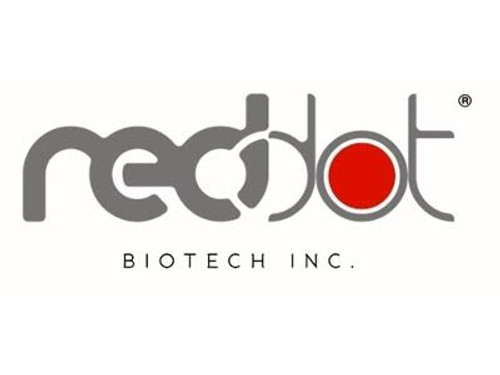Product Description
Rat Catalase (CAT) ELISA Kit | AE59164RA | Abebio
Species Reactivity: Rat (Rattus norvegicus)
Abbreviation: CAT
Alternative Name: MGC138422; MGC138424;
Application: ELISA
Range: 0.78-50 ng/mL
Sensitivity: 0.33 ng/mL
Intra-Assay: ≤3.8%
Inter-Assay: ≤9.8%
Recovery: 1, 03
Sample Type: Serum, Plasma, Other biological fluids
Detection Method: Sandwich
Analysis Method : Quantitive
Test Principale: This assay employs a two-site sandwich ELISA to quantitate CAT in samples. An antibody specific for CAT has been pre-coated onto a microplate. Standards and samples are pipetted into the wells and anyCAT present is bound by the immobilized antibody. After removing any unbound substances, a biotin-conjugated antibody specific for CAT is added to the wells. After washing, Streptavidin conjugated Horseradish Peroxidase (HRP) is added to the wells. Following a wash to remove any unbound avidin-enzyme reagent, a substrate solution is added to the wells and color develops in proportion to the amount of CAT bound in the initial step. The color development is stopped and the intensity of the color is measured.
Product Overview: Catalase is a common enzyme found in nearly all living organisms which are exposed to oxygen, where it functions to catalyze the decomposition of hydrogen peroxide to water and oxygen.Catalase has one of the highest turnover numbers of all enzymes; one molecule of catalase can convert millions of molecules of hydrogen peroxide to water and oxygen per second. Catalase is a tetramer of four polypeptide chains, each over 500 amino acids long. It contains four porphyrin heme (iron) groups that allow the enzyme to react with the hydrogen peroxide. The optimum pH for human catalase is approximately 7, and has a fairly broad maximum (the rate of reaction does not change appreciably at pHs between 6.8 and 7.5) .
Stability: The stability of ELISA kit is determined by the loss rate of activity. The loss rate of this kit is less than 5% within the expiration date under appropriate storage condition. The loss rate was determined by accelerated thermal degradation test. Keep the kit at 37°C for 4 and 7 days, and compare O.D.values of the kit kept at 37°C with that of at recommended temperature. (referring from China Biological Products Standard, which was calculated by the Arrhenius equation. For ELISA kit, 4 days storage at 37°C can be considered as 6 months at 2 - 8°C, which means 7 days at 37°C equaling 12 months at 2 - 8°C) .
 Euro
Euro
 USD
USD
 British Pound
British Pound
 NULL
NULL








